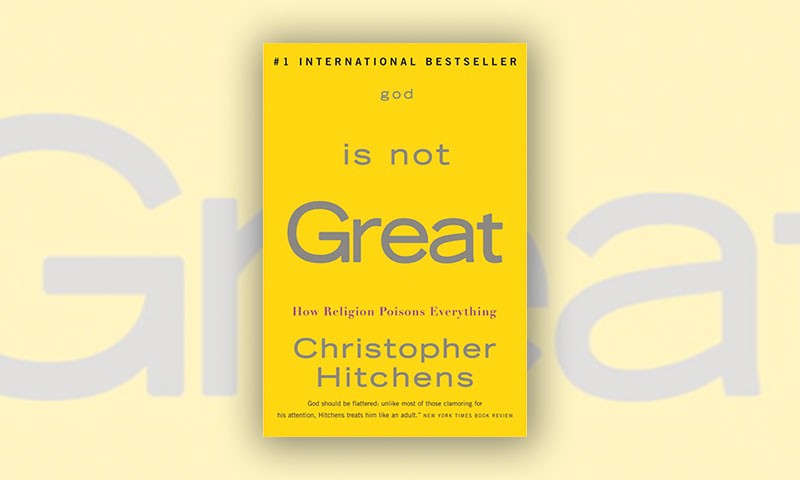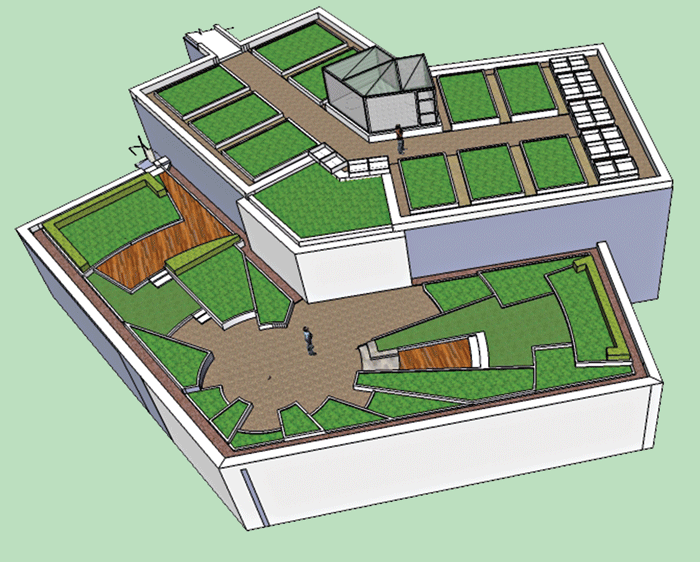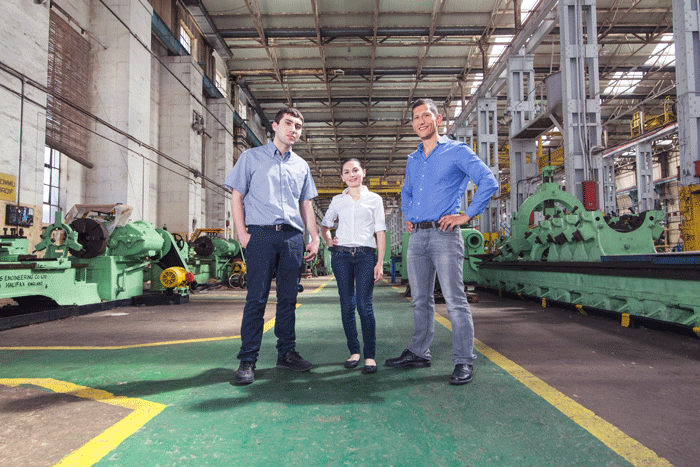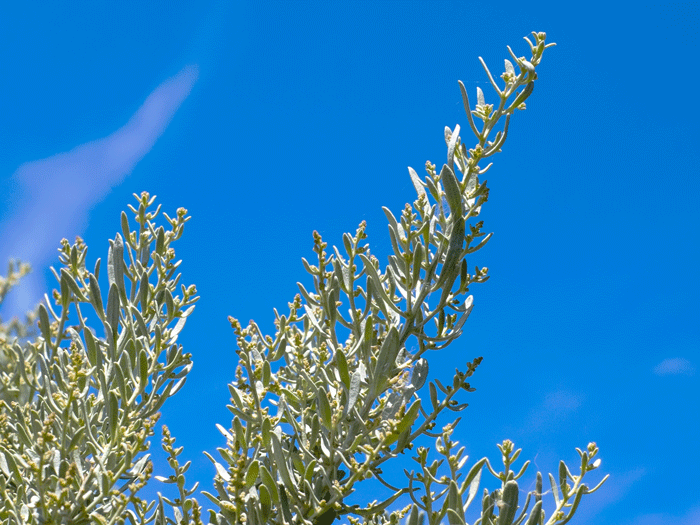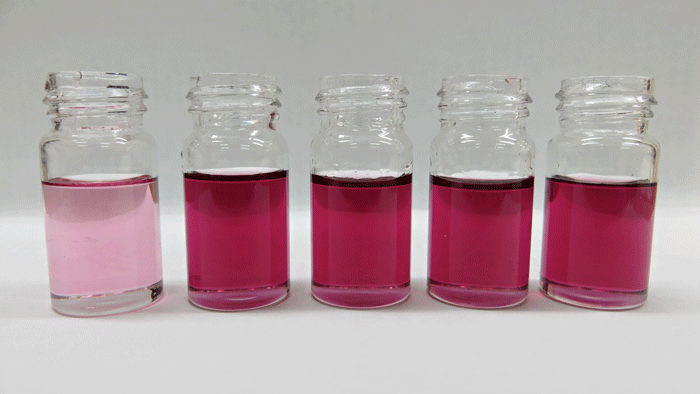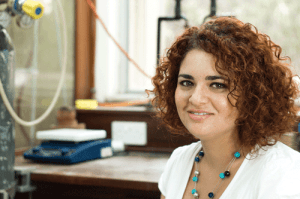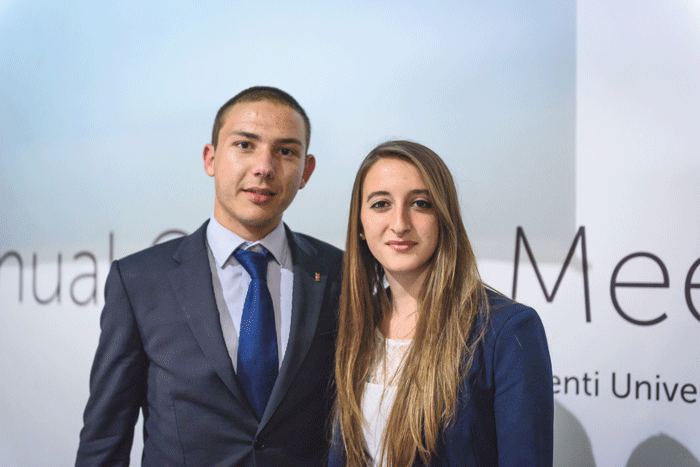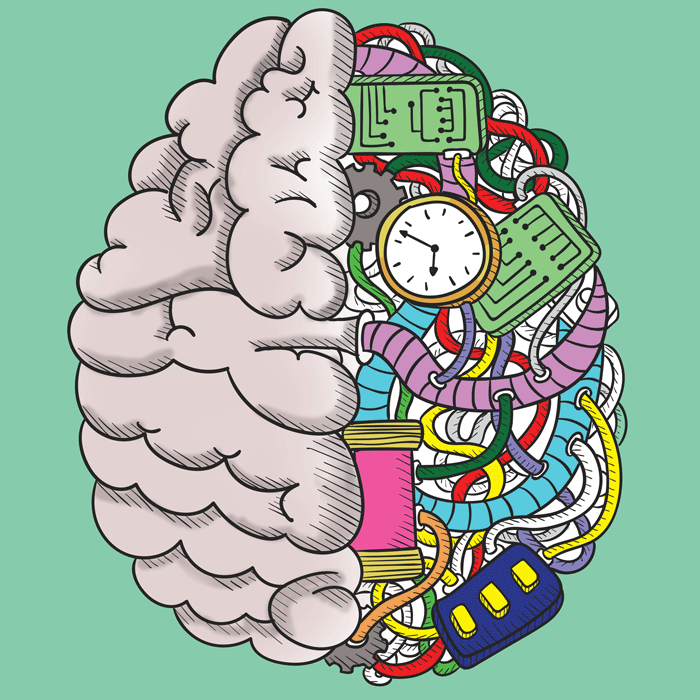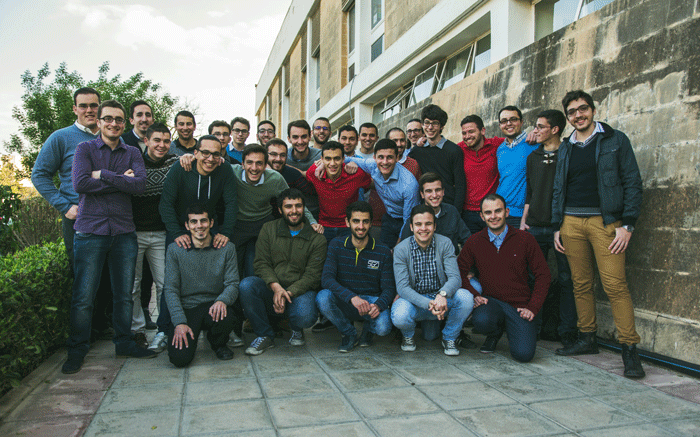Book Review by Dr Jurgen Gatt
Please accept my apologies for reviewing a well-known book by a renowned, and late, atheist almost ten years after publication. My reasons for doing so are threefold. Firstly, the book and author have both lost some of their notoriety with younger students. Secondly, the book should appeal to both to humanities and science students and will, with luck, generate conversation across disciplines. And finally, the book is brilliantly written, cleverly argued, and deserves to be read particularly after the dust of the New-Atheist movement has started (perhaps) to settle.Continue reading

